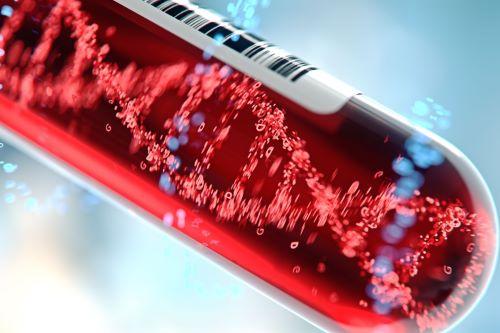Researchers have long wondered about possible relationships between different blood types and their respective connections to individual health conditions. Numerous studies have suggested that there are correlations between blood types and potentially differing susceptibilities to various conditions including certain cancers, diabetes, heart disease, stroke and many more. Other researchers and health practitioners have taken the interest to an even more granular level by studying the effect(s) that particular foods and diets have - on individual blood types.
What Are The Eight Main Blood Types?
There are 34 different blood groups with over 300 variants. Many of these variants are rare. Among the 34 different blood groups, the 4 most common are (A, B, O, AB). Within these four groups are the eight most common blood types (A+, A-, B+, B-, O+, O-, AB+, AB-) – further determined by the presence or absence of a protein named the Rh factor. According to the Red Cross, type O+ is the most common blood type in the US while type AB- is the rarest, accounting for roughly 1% of the population.
What Makes A Blood Type?
What classifies an individual blood type is the collection of specific molecules, proteins and antigens that exist on the red blood cells themselves. When people share the same blood type, it essentially means they share the same antigens. When someone needs blood, they can receive it from a donor with matching blood type. This is also true for an organ donor. The blood types must match for the recipient to have the best chance of their body not rejecting it.
Health Correlations Among Blood Types
Considering such large collections of the population share similar blood contents within eight common blood types, researchers have continued looking for other possible health correlations that could potentially exist for people with shared blood types. Science has uncovered commonalities. We’ve learned that individuals who share the same blood type also share similar characteristics and abilities when it comes to fighting off diseases. They also share the same risk factors for certain cancers and conditions, due to the shared antigens and abilities to make antibodies. Some researchers are even looking to the blood type connection as the possible source of understanding everything health related.

